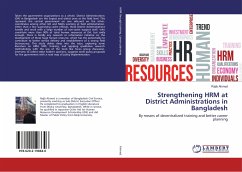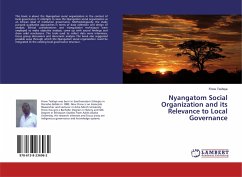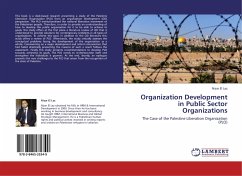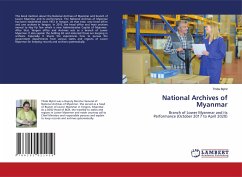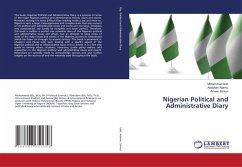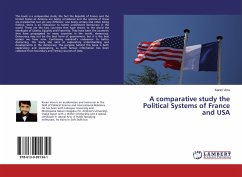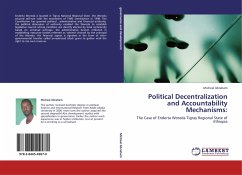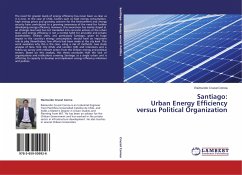
Santiago: Urban Energy Efficiency versus Political Organization
Versandkostenfrei!
Versandfertig in 6-10 Tagen
36,99 €
inkl. MwSt.

PAYBACK Punkte
18 °P sammeln!
The need for greater levels of energy efficiency has never been as clear as it is now. In the case of Chile, factors such as high energy consumption, high energy prices and growing concern for the environment and energy security have contributed to a growing awareness of the need for further developing energy efficiency. However, this awareness has mainly stayed at an strategic level and has not translated into concrete actions at the urban level, and energy efficiency is not a normal habit for all public and private stakeholders. Chilean cities, and particularly Santiago, given its huge impac...
The need for greater levels of energy efficiency has never been as clear as it is now. In the case of Chile, factors such as high energy consumption, high energy prices and growing concern for the environment and energy security have contributed to a growing awareness of the need for further developing energy efficiency. However, this awareness has mainly stayed at an strategic level and has not translated into concrete actions at the urban level, and energy efficiency is not a normal habit for all public and private stakeholders. Chilean cities, and particularly Santiago, given its huge impact in the country's energy consumption, should have an important role to play. Nevertheless, few efforts had been made at the city level. This work examines why this is the case, using a mix of methods: case study analysis of New York City (USA) and London (UK) and interviews and a follow-up survey with relevant actors from the Chilean energy and political sectors. Based on this analysis, this thesis concludes that the lack of organizations and institutions covering Santiago as a single urban unit is affecting its capacity to develop and implement energy efficiency initiatives and policies.



